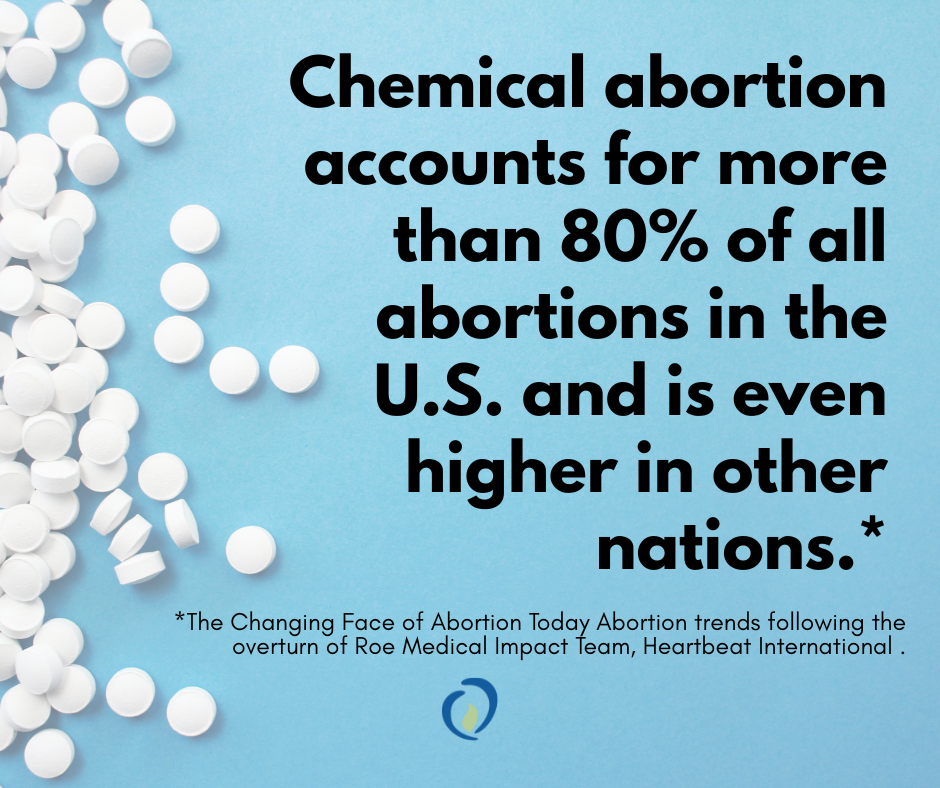
A Week of Reckoning: As Father of Abortion Pill Dies, FDA Promises Review Amid New Safety Concerns
Shared by: Laura Srietmann, Executive Director of Cincinnati Right to Life
This past week, history and accountability collided in a profound and sobering way. Étienne-Émile Baulieu, known as the “father of the abortion pill” for his role in developing mifepristone (RU-486), died at the age of 98. His death coincides with a pivotal moment in the debate over chemical abortion, as the U.S. Food and Drug Administration (FDA) faces renewed pressure to fully reevaluate the safety of the very drug he helped bring into existence.

Baulieu was instrumental in creating the drug RU-486, which is the first part of the two-drug regimen used to end the lives of the preborn through medication abortions. Since its approval for use in America by the FDA during the Clinton administration in 2000, approximately 7.5 million women in the U.S. have killed heir preborn babies through these drugs. According to the Guttmacher Institute, a research organization associated with Planned Parenthood, medication abortion accounted for 63% of all abortions in the U.S. in 2023. Heartbeat International, the operator of the Abortion Pill Rescue Network reports the actual number may be significantly higher.
This week, the FDA announced a comprehensive review of mifepristone following a newly published study that raises red flags about the drug’s safety profile. The study, published in a peer-reviewed medical journal, links mifepristone to a concerning rise in emergency room visits and complications in women who undergo chemical abortions—especially when the pills are taken without medical supervision.
For decades, pro-life voices have warned that the abortion pill regimen—mifepristone followed by misoprostol—is not the “safe and simple” solution it is often marketed to be. While the abortion industry touts medication abortion as a private and convenient option, the reality is far more complex. Chemical abortions can lead to heavy bleeding, infection, incomplete abortions, and psychological trauma, especially when women are sent home to manage the process alone.
The timing of Baulieu’s death, just as federal regulators are promising to take a closer look at the drug he championed, is striking. It’s a moment to reflect not just on the scientific achievement of synthesizing a powerful chemical compound, but on the ethical and human consequences that followed.
The FDA’s decision to review the drug’s safety should not be dismissed as a bureaucratic formality. It’s a long-overdue step toward transparency and accountability. Every life—born or unborn—matters. And every woman deserves to know the full truth about what these drugs do to her body and to the child within her.
The recent study by the Ethics and Public Policy Center (EPPC) underscores the urgent need for this scrutiny, revealing significant gaps in informed consent and the reporting of adverse effects related to chemical abortions. At the same time, growing awareness of abortion pill reversal offers a glimmer of hope—affirming that, even after taking the first dose, it may not be too late to choose life.
As the nation reexamines the legacy of RU-486, we must not only consider the intentions of its creators but also confront the real-life impact on women and unborn children. True progress means empowering women with all the facts and ensuring that life is never treated as a disposable consequence.
